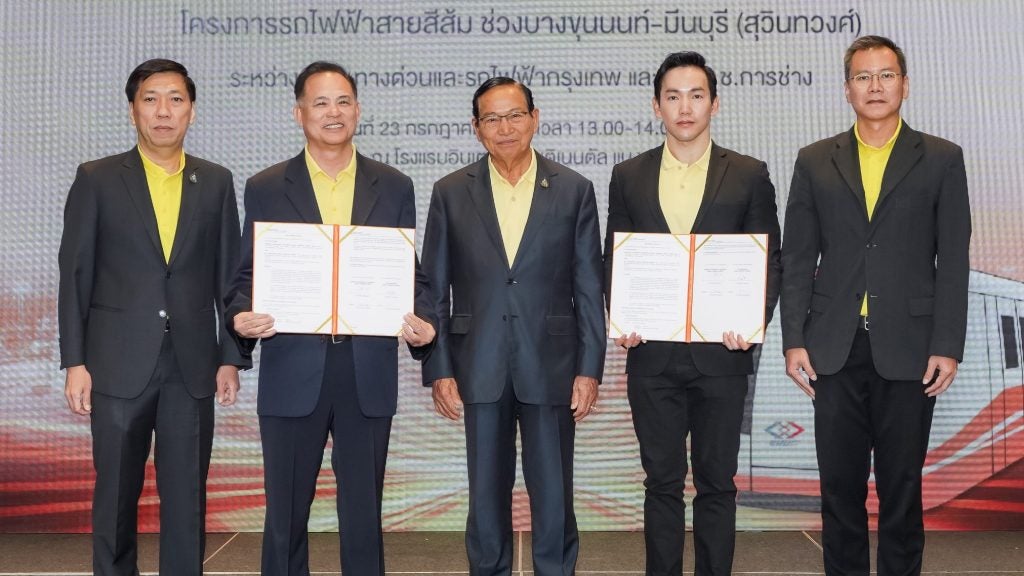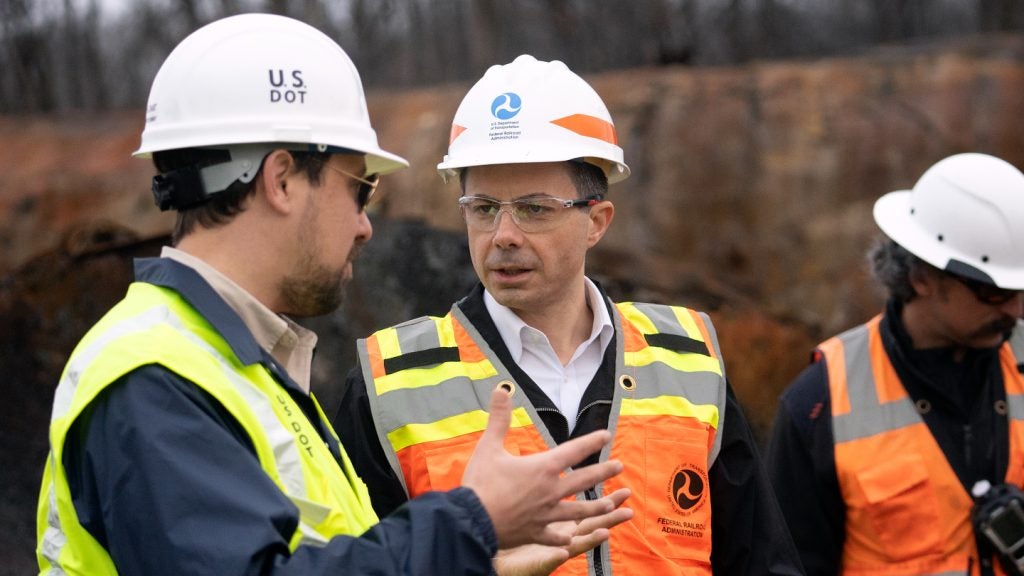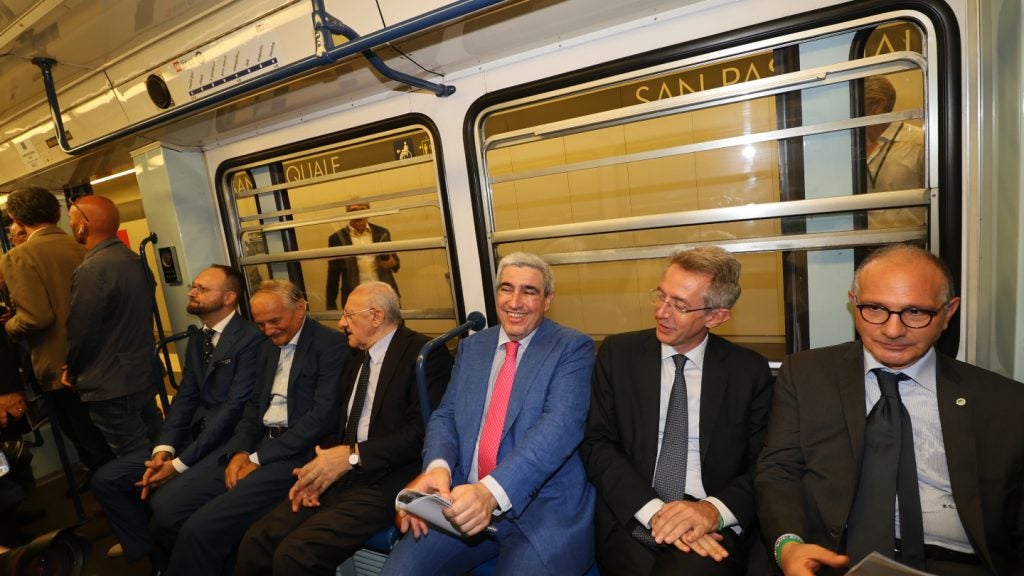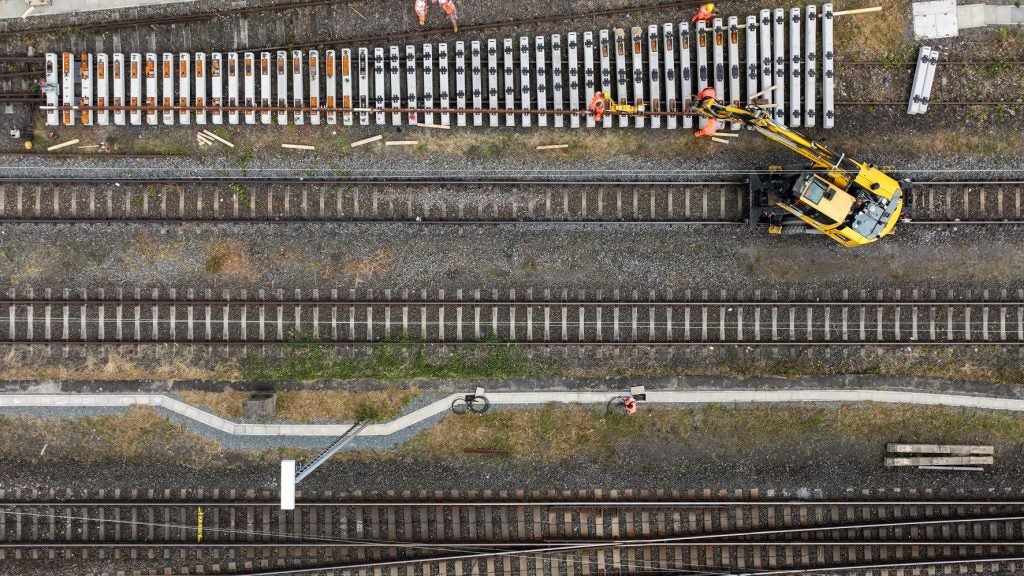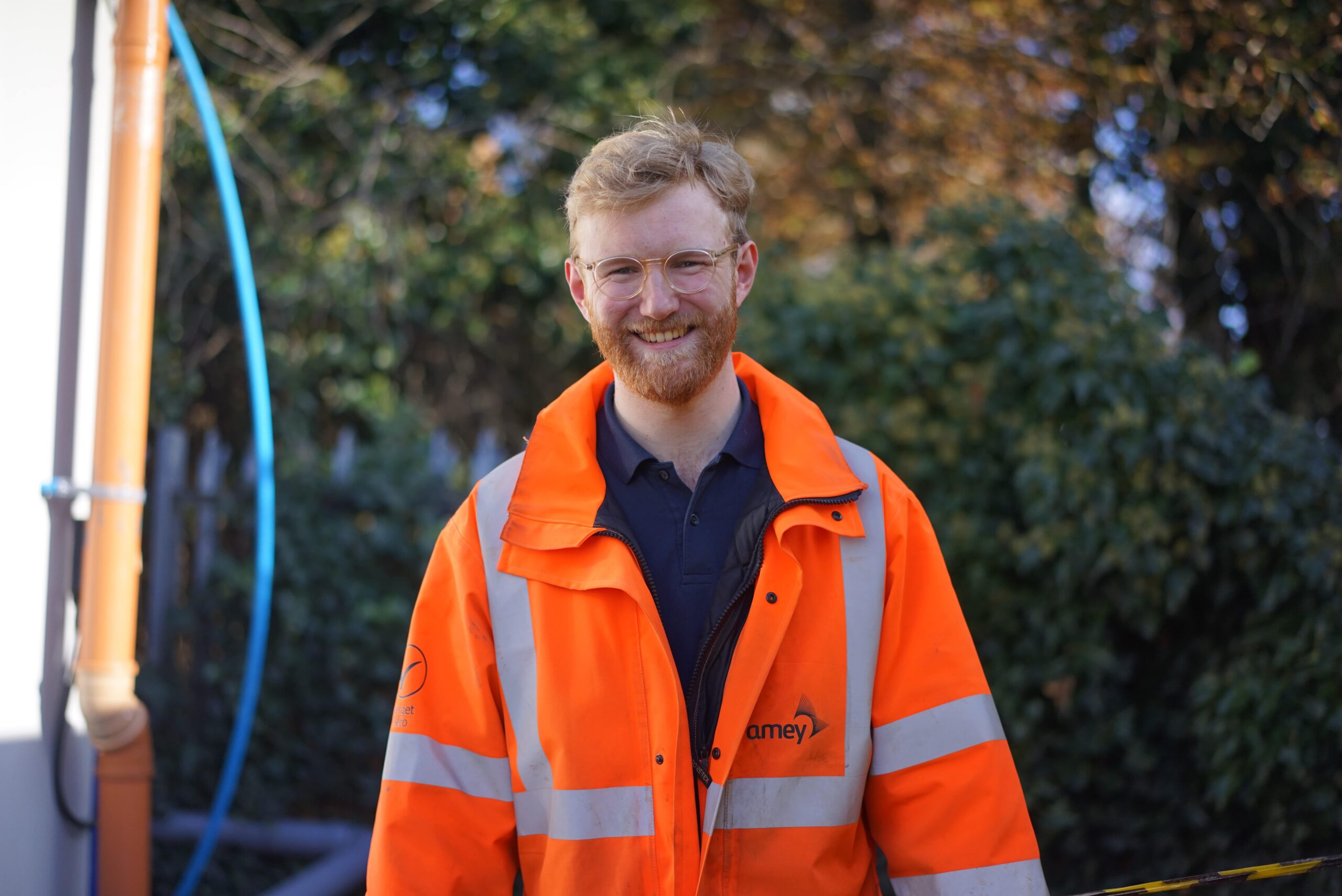
The rail industry has historically struggled to attract younger and more diverse talent. In recent years things have started to change, with organisations such as Young Rail Professionals promoting the industry as an exciting workplace, inspiring the next generation of railway professional. And to celebrate International Women in Engineering Day in 2020, HS2 called for women and young people to join the industry.
“At HS2, we’ve always been focused on addressing the issue of an ageing workforce in railway engineering and construction, a workforce traditionally dominated by men,” HS2 head of skills, employment and education Kate Myers told Global Railway Review.
“We’re determined to become a global leader in the sector and export our skills in high-speed rail and engineering excellence, and [hiring] more women and young people is what will take us there.”
HS2 is not the only company investing in young talent. UK infrastructure company Amey has developed several initiatives, including apprenticeships with university and a graduate scheme.
Current graduate David Roddy explains what attracted him to the programme and why young people should choose rail as a career.
How well do you really know your competitors?
Access the most comprehensive Company Profiles on the market, powered by GlobalData. Save hours of research. Gain competitive edge.

Thank you!
Your download email will arrive shortly
Not ready to buy yet? Download a free sample
We are confident about the unique quality of our Company Profiles. However, we want you to make the most beneficial decision for your business, so we offer a free sample that you can download by submitting the below form
By GlobalDataIlaria Grasso Macola (IGM): Tell us a bit more about your background.
David Roddy (DR): I went to the University of Brighton and I did an MA in civil engineering and I did a year with London Underground as a maintenance engineer. In the team, a lot of people were from Amey and I really liked working with them. That is how I ended up at Amey when I graduated.
IGM: Why did you choose to go into rail?
DR: It was kind of an accident, really. In 2010 I did some work experience as part of my GCSEs, as my mum was working for Transport for London and she got me a placement with London Underground.
I just fell in love with it from then because it was just fascinating how everything you do in construction becomes ten times harder when you do it on the railway, but I was hooked.
Those challenges that they were trying to overcome in any other circumstances would be relatively simple. Stick it on the railway and it becomes 10 times harder, so that’s why it’s so interesting.
It was also when Crossrail was kicking off, which was a very exciting time in the rail business and that was just fascinating to me.
IGM: How does Amey’s graduate programme work?
DR: It’s a two-year programme made up of three or four six-month placements based on our own development and also where the business needs us. I have done two six-month placement and now I’m in my final one which is a year.
IGM: What are your day-to-day tasks?
DR: In my current placement, rather than being an engineer I’m actually an assistant project manager on a harmonics filtering compound project. My day-to-day is assisting the project manager in any way I can – getting together programmes, managing a small amount of the commercial aspect, getting requisitions together, monitoring our costs.
There is also a heavy site aspect to it, so I’m the on-site project manager. I deal with the day-to-day and that allows the project manager to deal with more long-term and broader picture goals for the project.
IGM: What do you like most about your job?
DR: In the current one, apart from the challenges that it poses – no one has ever done this before and it’s a brand-new project – I really love my team. I joined this project halfway through the pandemic and that was challenging, getting to know a team halfway when I can’t see anyone face to face.
But I feel like I have developed some really strong bonds and ties to my team which I think will only get better once we all get out and can see each other face to face.
I love the challenge but it’s the people that make it [worth it].
IGM: Talking about challenges, what are the challenges rail graduates face when entering the labour market?
DR: From a more personal point of view, it’s learning that what you have to offer is worthwhile, that is something I had to really come to terms with. [I had to come to terms with the fact that] I had been hired because the company wanted me, and they saw something in me and that I had something to offer them.
Coming to terms with that imposter syndrome was challenging.
IGM: In your opinion, why is the sector struggling to attract new and diverse talent?
DR: There’s a lot of scope for development in the railway industry and most of our management comes from what we would term in the railway [industry] ‘from the shovel’.
Our site supervisors, managers, planners are all people that are developed from the coalface; you wouldn’t find many people in senior positions that have done STEM A-levels or have gone to university because they have just gained that experience [on the job].
On a project that I worked on before, we had a team of 15/16 people and there were three engineers, one of them was female and the rest were men, but they had all developed from being on the shovel.
If you want to get to the middle management of the site management, maybe we need to think about developing further down the food chain, in the coalface and grassroots – that’s where we develop people from. So, looking into apprenticeships in signalling or track engineering, that’s where I think we should focus a little bit more.
IGM: What can the industry do to make itself more appealing?
DR: Just try and foster a welcoming atmosphere overall. I wouldn’t say that anyone’s particularly hostile anymore [even though] it’s still a tough environment.
Just be as welcoming as possible and lead by example, don’t discriminate obviously – even though I don’t think anyone coming into the industry now would ever do. There is still work to be done but I could only tell what I would do personally which is just to treat everyone with respect and be as welcoming as possible and try and foster that in the teams.



